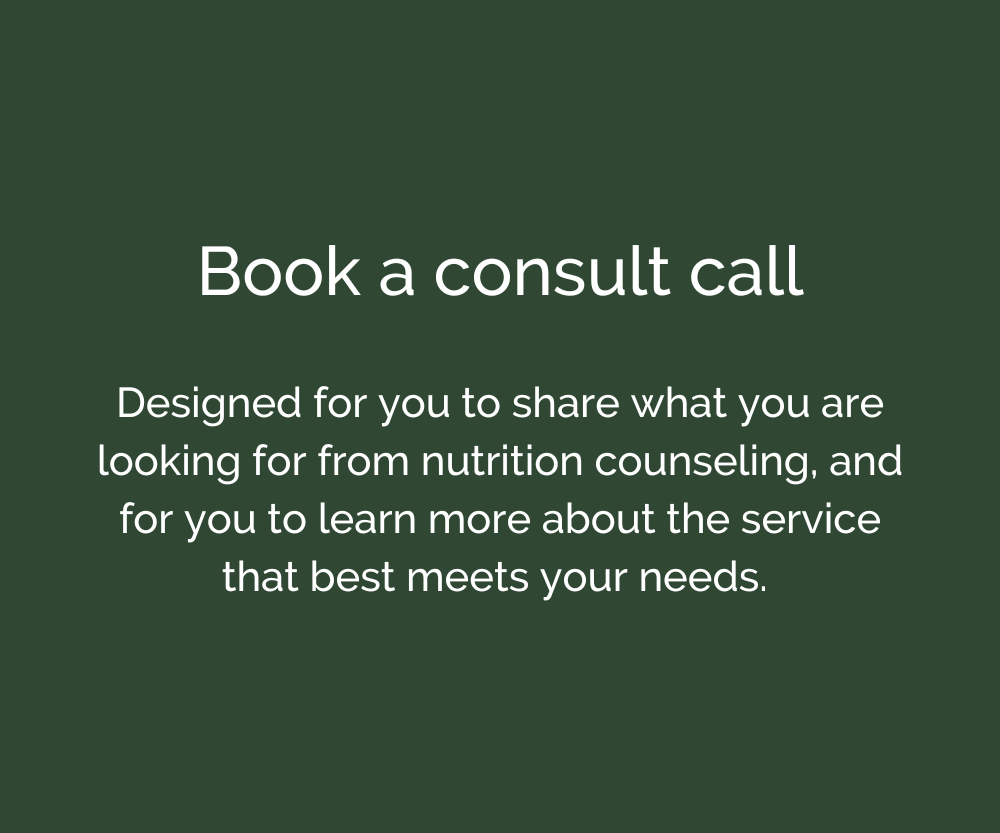Is IBS Worse During Pregnancy?
Pregnancy is a beautiful part of the life cycle, but it can be challenging for women dealing with IBS.
For all women, pregnancy causes changes in the gastrointestinal (GI) tract that can increase the risk of constipation. Changes include an increase in progesterone levels and decrease in motilin hormone levels that leads to an increase in bowel transit time (ie feces moves slower through the GI tract); an increase in water absorption from the intestines that causes stool to dry out, which will make it harder to pass; and an enlarging uterus throughout pregnancy that may further slow the movement of feces.
With both IBS-C and IBS-D, these changes can be extra uncomfortable. Other factors that may contribute to worsening GI symptoms during pregnancy include decreased maternal activity and increased vitamin/mineral supplementation, including calcium and iron.
Does this mean women with IBS should avoid pregnancy?
Absolutely not! IBS should never keep you from having a family. Instead of avoiding it altogether, take these steps to ensure that your IBS is somewhat manageable during pregnancy.
1. Find your food triggers and create an IBS management plan before pregnancy. This may not always be possible due to unexpected pregnancies, but if you know you’d like to have children in the future, then the time is now to get your plan together! If you’re able to find ways to successfully manage your symptoms before pregnancy, you’ll be more likely to manage them well during pregnancy. This is where my IBS Management Programs can help!
2. Avoid major trigger foods and focus on dietary fiber in your diet. This is not the time to be overly restrictive (see considerations below), but you can avoid your biggest triggers, while keeping the diet balanced. You should also focus on consuming adequate dietary fiber to help prevent constipation. Sources include fruits, vegetables, whole grains, nuts, and seeds.
Want to learn more about IBS? Sign up for a free IBS mini course here!
3. Stay hydrated. Hydration is so important for a healthy pregnancy, as well as for preventing constipation. As you increase dietary fiber, increase water intake. Avoid dehydrating liquids like coffee, soda, and teas. Stick to water and keep your water bottle with you at all times to get the ounces in.
4. Move! Pregnancy is not the time to join CrossFit or run a marathon (unless that’s what you’re already doing), but it is important prioritize activity each day. Not only will the movement help you relieve any stress of preparing for a baby, but it will also help increase blood flow to the gut to move feces through the body. Check with your doctor before adding in exercise to make sure it’s safe for you during pregnancy.
Special Considerations
There are a few things to note when making a plan to manage IBS during pregnancy.
The Low FODMAP diet may not be appropriate. A very restrictive diet is not recommended during pregnancy to ensure you are well-nourished as you create a human. Work with a dietitian to modify this approach to help you identify triggers during pregnancy.
Herbal supplements may not be safe during pregnancy. If you are using herbal remedies to help with your IBS symptoms, tell your doctor about them to make sure they are safe for the baby.
Digestive enzymes and probiotics are safe to use during pregnancy. Work with your dietitian to find the right ones that could help your symptoms.
Gentle laxatives can be used during pregnancy to help with severe symptoms, but should not be used excessively. Talk to your doctor about this if you use laxatives as a remedy for constipation.
As always, there’s never a one-size-fits-all approach for managing IBS.
This is even more true for pregnant women with IBS. Working with a dietitian and talking openly to your doctor will help you find joy in this season, instead of being discouraged and in pain. If you’d like to work with me, apply and schedule a consult call today here!
Source: https://www.ncbi.nlm.nih.gov/pmc/articles/PMC3418980/
Do you want clear guidance to manage your IBS so you can feel confident in your body again?



